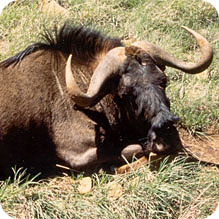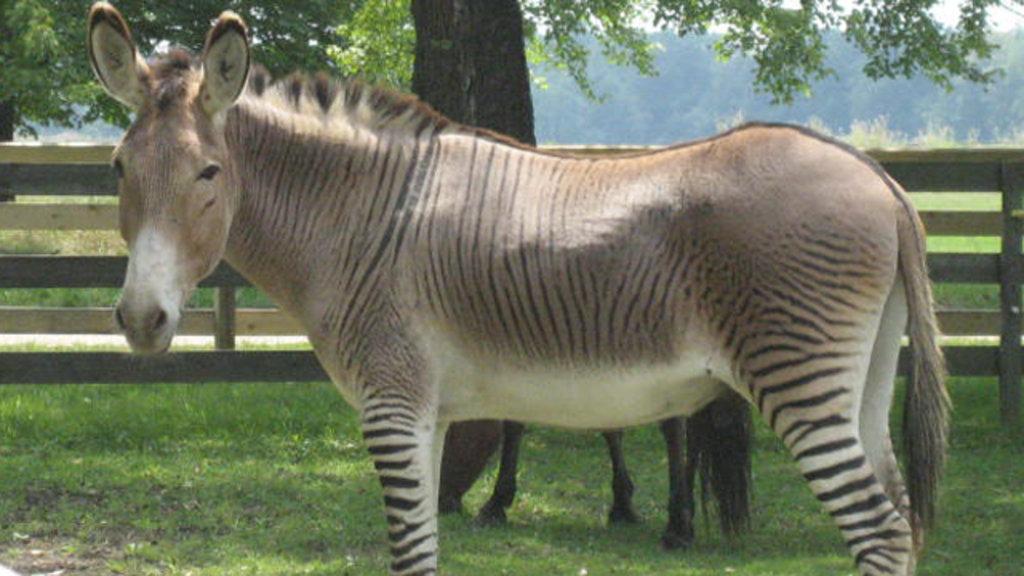mark-hunter
AH ambassador
Dear colleagues,
What are huntable non-indigenous, introduced species in RSA or Namibia?
For example: there is a fallow deer on package offered. Fallow is the species that originates from eastern mediteranean. Another good example might be black wildebeest hunting in Namibia. (if not being wrong)
Are there other similar examples, especially for African species introduced locally, out of their natural range, in Namibia or South Africa?
In selfsustainable breeding populations, either in fence or free roaming?
Especially the species which are not accessible to international hunters in other African countries, due to budget or legal constraints. (ban on hunting, etc).
I was not able to find similar subject on the forum using search options, so I made the new thread.
What are huntable non-indigenous, introduced species in RSA or Namibia?
For example: there is a fallow deer on package offered. Fallow is the species that originates from eastern mediteranean. Another good example might be black wildebeest hunting in Namibia. (if not being wrong)
Are there other similar examples, especially for African species introduced locally, out of their natural range, in Namibia or South Africa?
In selfsustainable breeding populations, either in fence or free roaming?
Especially the species which are not accessible to international hunters in other African countries, due to budget or legal constraints. (ban on hunting, etc).
I was not able to find similar subject on the forum using search options, so I made the new thread.

 .......
....... .....yeah i know......but sorry they are in their natural range area......
.....yeah i know......but sorry they are in their natural range area......



